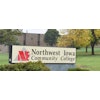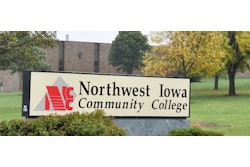Since August—when Michael Brown was killed by police officer Darren Wilson—I’ve found myself engaging in a peculiar fantasy: What if Brown and Wilson had been students at my community college?
Neither had attended college. Wilson, as far as I can tell, never signed up. But Brown was an almost college student. He was enrolled to begin classes this fall in a certificate program for heating, ventilation and air conditioning technology.
 Nicholas Hengen Fox
Nicholas Hengen Fox
As I taught a Malcolm Gladwell essay about racial profiling, I pondered how it might’ve changed how Wilson saw Brown in the street that day.
It’s well documented that people with college degrees are more thoughtful about difference. And—more importantly in this case—police officers with higher education (a two-year or a four-year degree) are far less likely to use force on the job.
While my students read my favorite Lisa Delpit essay about rhetoric and power, I speculated how it might’ve helped Brown as he encountered Wilson. As I imagined these alternate trajectories, I kept thinking the community college could have helped.
Students growing up in our increasingly segregated society need our classrooms: where open admissions and less-offensive tuition combine to create a space where people who might otherwise become antagonists in a drama of predetermined structural violence actually interact as humans. They sit in the same room in a mostly peaceable way. They look at one another. They talk. They read each other’s papers and write on them.














